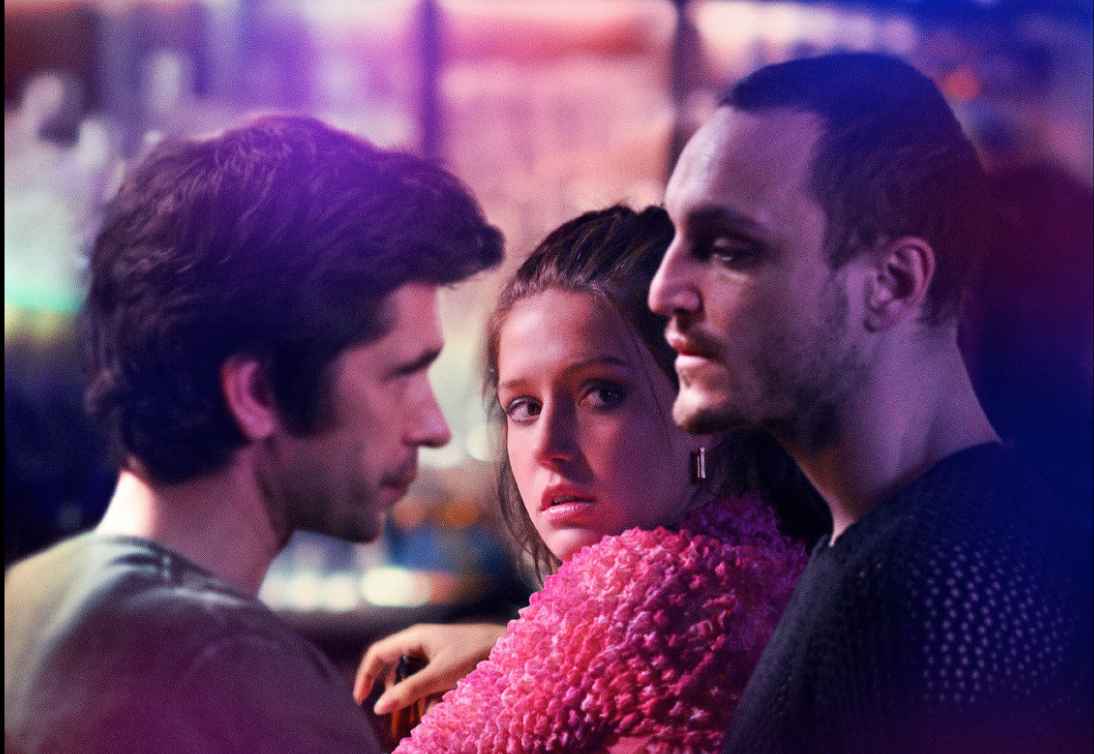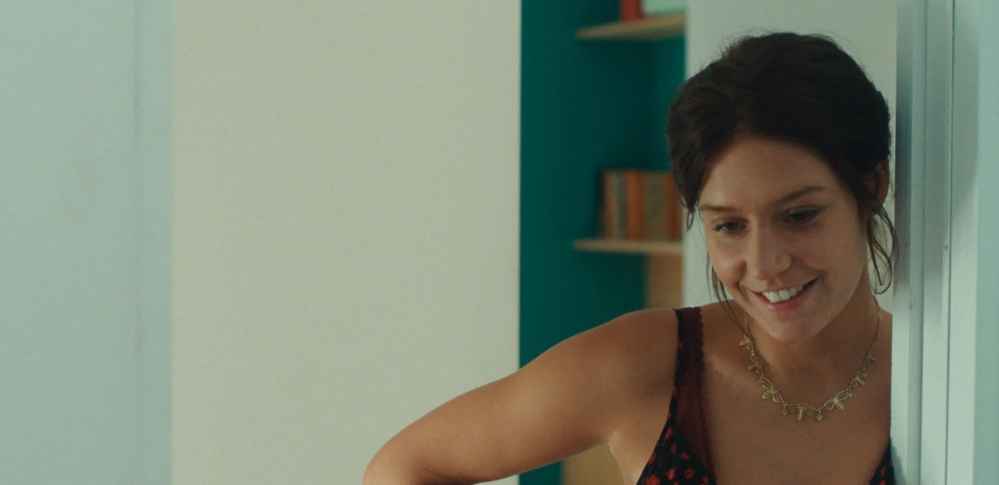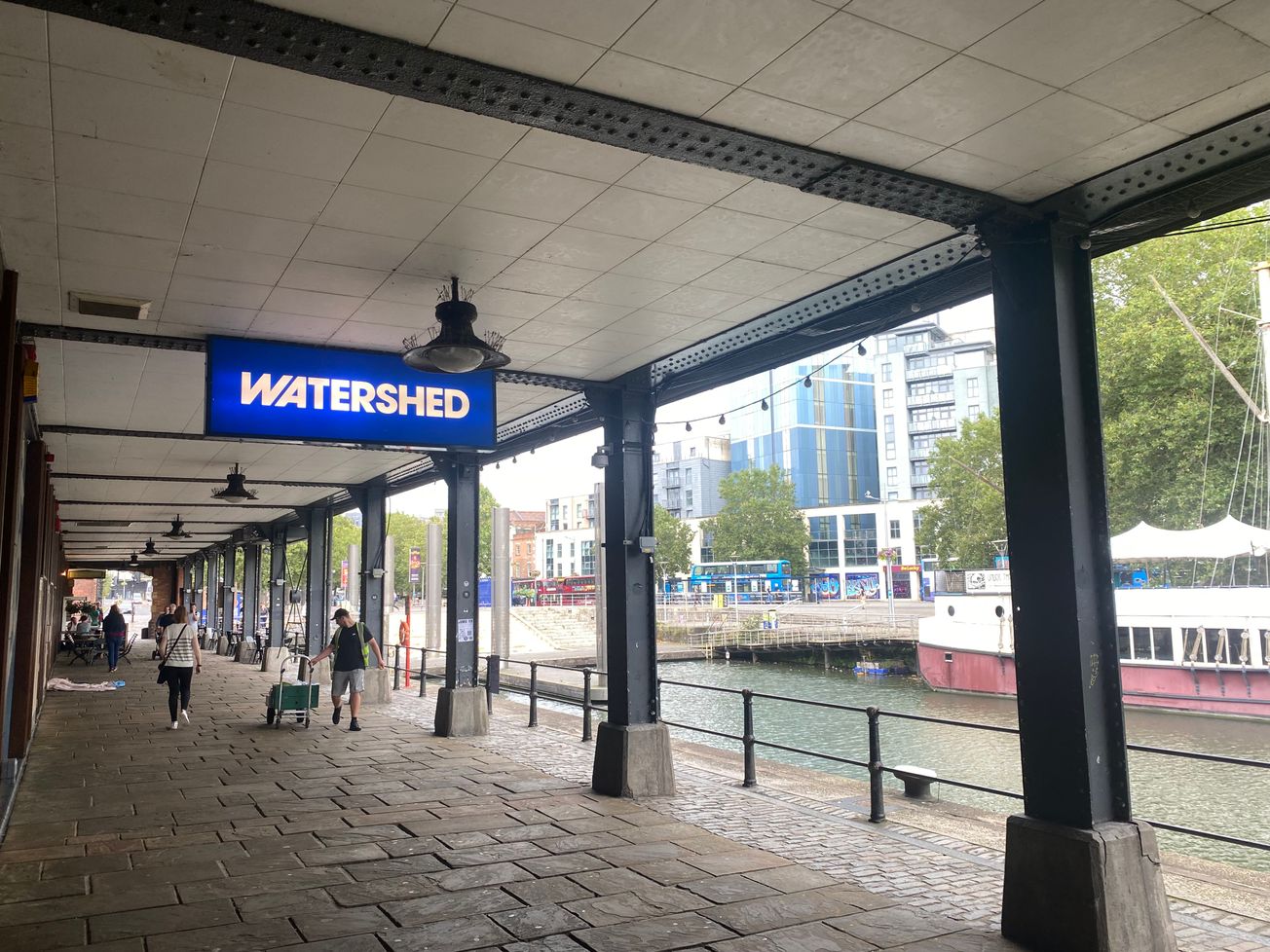By Jacob Rose, Third Year, Film and English
In Passages, the latest film directed by Ira Sachs, art is ever-present.
The first scene invites us into the final day of shooting on a film set. The director, Tomas (Franz Rogowski), is intense, stalling production through a never ending hassling of the actors, in his pursuit of perfection, all while blaming the actor’s for the delay.
It’s an intense scene, and one which acts excellently in capturing the tone for the rest of Passages. If you find yourself tearing up in those first minutes, you won’t enjoy what comes next.
The film’s premise follows Tomas’ steadily growing desperation to cling onto either one of his two lovers, his husband Martin (Ben Whishaw) and recent fling Agathe (Adèle Exarchopoulos). As his manipulative traits get him rejected by one, they work on the other, providing an uncomfortably worrying tennis match of toxic desire.

Rogowski's performance of Tomas is subtly monstrous, embodying such a twisted realism that is easy to hate and difficult to distinguish from Rogowski himself.
Tomas’ desperation burns through the screen, but who can blame him? Both Whishaw and Exarchopoulos are a delight to watch, as their characters fluctuate between figures of desire - ‘sexy’ is plastered all over the film’s marketing for a reason - to nearly-overflowing vessels of heartbreak.
They both personify our emotional core, with each step away or towards their manipulative lover feeling like a leap of insurmountable measures. Acting is regularly extra-verbal, but for these actors, words are nothing compared to their moments of thought, leaving the audience yearning for an answer.
A stand-out scene involves them simply meeting at a coffee shop: one is dulled by their experience of Tomas’ emotional abuse, the other is near-bursting from it.
Passages' independence gives it a refreshing freedom, wherein a chunk of its narrative beats aren’t weighed down by the still-ongoing, still-ridiculous questioning of whether they (Queer people, polyamory, women’s rights) deserve to exist.

In some ways, it feels utopian to see a world in which our characters can be affected by situations that they can and do control. So much of the film is a tense, uncomfortable analysis of manipulation, but one that reassures a hope that those like Tomas will receive what they deserve.
The Queer Wrongs title is, of course, referencing the subversion of ‘queer rights’, but we legitimately benefit from stories like Passages and their freeing discomforts- in having them, we allow for narratives far more encompassing, real and necessary in the current day.
Art, as mentioned, is within every grain of life in Passages: Tomas’ fashion dominates space, ranging from koi-fish crop tops to puffed up fur coats; each interior is a “euro-nouveau” dollhouse, packed with artisan styles, cooking boards, bookshelves, and other artworks, given reality through their gradual familiarity.
Martin’s job as a printer offers brief but refreshing glimpses of graphic designs; a friend’s book holds the power of much, much more than itself, as it becomes a tool of social capability.
In showing so many artistic worlds and personal moments of an intimately driven story, Passages becomes much more than a love story, rather encompassing a cultural snapshot of a youthful, queer, uncomfortable but important era.
Featured Image: Arron Kennon
Passages is showing at Watershed until 14th September.








